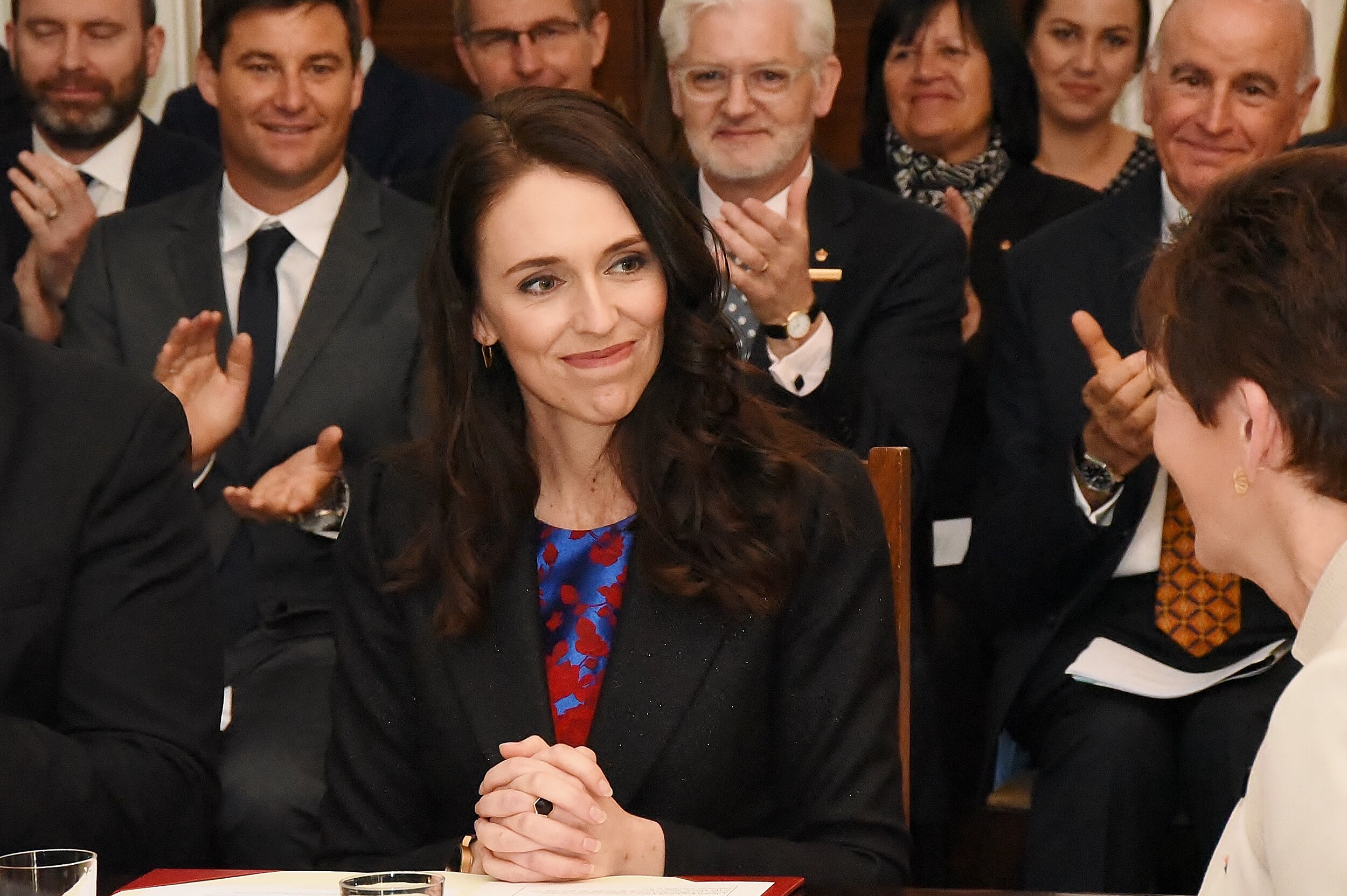New Zealand Refrains from Strongly Condemning China over Uyghur Human Rights Abuses
Jacinda Ardern, prime minister of New Zealand, finds her nation in the midst of greater tensions between China and the Five Eyes alliance when it comes to responses to China’s human rights abuses in Xinjiang (Wikimedia Commons).
The New Zealand Parliament decided to not debate a motion that would condemn China’s human rights violations against the Uyghur people as a genocide. Instead, it decided to deal with the issue in more general terms by citing “grave concerns” about the human rights abuses occurring in Xinjiang. New Zealand is notably the only member of the Five Eyes Alliance (an intelligence-sharing alliance between the U.S., U.K., Canada, Australia, and New Zealand) to not participate in the joint condemnation of China’s treatment of its Uyghur and other ethnic Muslim populations.
The relationship between the two countries is further complicated by the fact that China is New Zealand’s largest trading partner, with 30 percent of New Zealand exports going to China. Prior to this, China had placed harsh trade sanctions on Australia, which had raised concerns over China’s handling of COVID-19 and the genocide in Xinjiang. Furthermore, Australia recently vetoed an investment that had been part of China’s Belt and Road initiative. This has created a trade war between Australia and China while New Zealand has been cultivating closer trade relations with China. New Zealand Prime Minister Jacinda Ardern also stated in a speech on Monday that New Zealand’s differences with China “need not derail our relationship, it is simply a reality,” which effectively characterizes the country’s attitude towards China in regards to trade.
For many, this throws the Five Eyes alliance’s future unity into question. Recently, New Zealand has been trying to pursue an independent foreign policy, which has raised tensions with the United States and other Five Eyes members who tend to act in accordance with the U.S. New Zealand Minister of Foreign Affairs Nanaia Mahuta even said to the media that Wellington is “uncomfortable with expanding the remit of the Five Eyes” as it was originally meant to simply be an intelligence-sharing network. However, in recent years, the United States in particular has been pushing for increased cooperation between the Five Eyes on a myriad of issues, including COVID-19. However, New Zealand did join the rest of the Five Eyes in November in condemning China for its anti-democracy actions in Hong Kong.
The Uyghurs living in New Zealand also called on the government to declare the human rights abuses in Xinjiang a genocide in an open letter on Tuesday. In their letter, they said, “New Zealand is a moral superpower. We can influence the fate of the 20 million Uyghur people suffering back home.”

